Spring is here, folks! Finally! It's been such a long time coming.
Along with the tulips pushing their way through the dirt and the trees getting those beautiful Kelly green buds appearing on their bare winter branches, we welcome the migrating birds back to our yards. Robins, hummingbirds, hawks, and tons of other beautiful birds migrate to places with more of a food supply for the winter, some as far as Guatemala.
When they return to your backyard, they will be exhausted and hungry. They will be ready to fight for their territory and raise a new generation. This will take a ton of energy, and they've got a ton working against them.
So what can you do this spring to help these wonderful creatures thrive in your very own backyard? Birds in spring need a little bit of your help — and these 11 simple things are a great start.
Don't you love to see birds splashing in your birdbaths and munching at your bird feeders each spring?
Please SHARE these helpful tips with your family and friends on Facebook!
1. Keep A Clean Birdbath
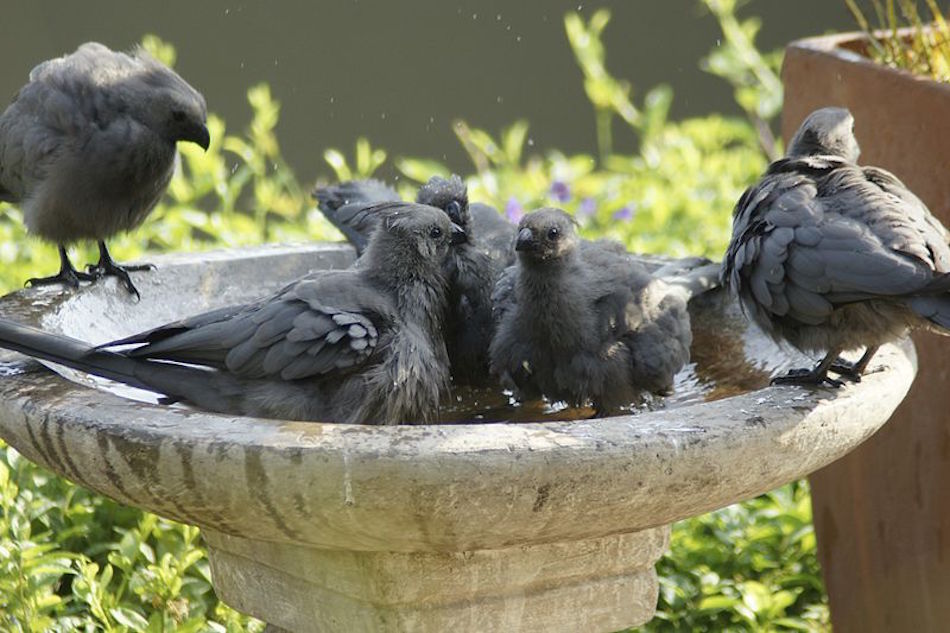
When you let your birdbath get dirty, you may be encouraging the spread of disease in birds or creating a mosquito breeding ground. Make sure you are giving it the occasional scrub and refreshing the water on a regular basis to give the birds fresh drinking and bathing water.
2. Make Your Windows Safer

Every year in the United States, between 365 million and 988 million birds die from colliding with windows. That is a lot of birds, and a lot of needless death. There are many ways to make your windows safer, including cute decals to stick on the inside and installing netting off of which the birds can bounce.
3. Plant Native
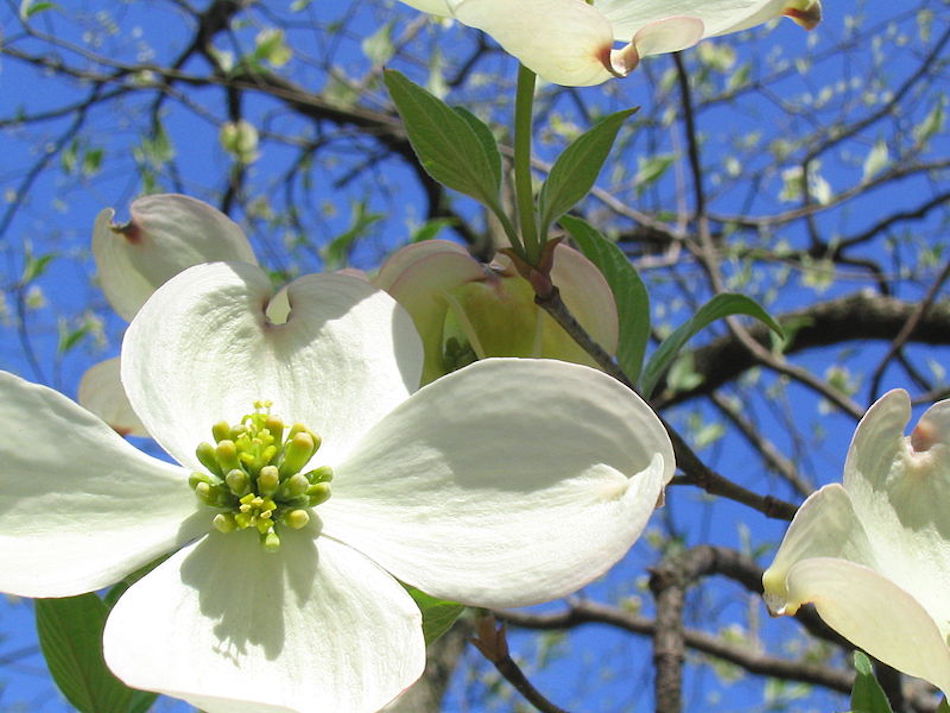
When you plant native, which means growing plants native to your area, you create nutrition and shelter for the native insects. This means more natural sources of food for the birds to forage for themselves and their little hatchlings. Plus, you get a nice, lush yard!
4. Donate Your Old Birding Equipment

If you happen to have an old pair of binoculars knocking around, there are multiple organizations that will take them as a donation and put them to good use for bird research and education, which will help birds in the long run. If you want to keep it local, give your local Audubon center a ring to see if they are accepting any birding equipment.
5. Keep Your Feeders Clean
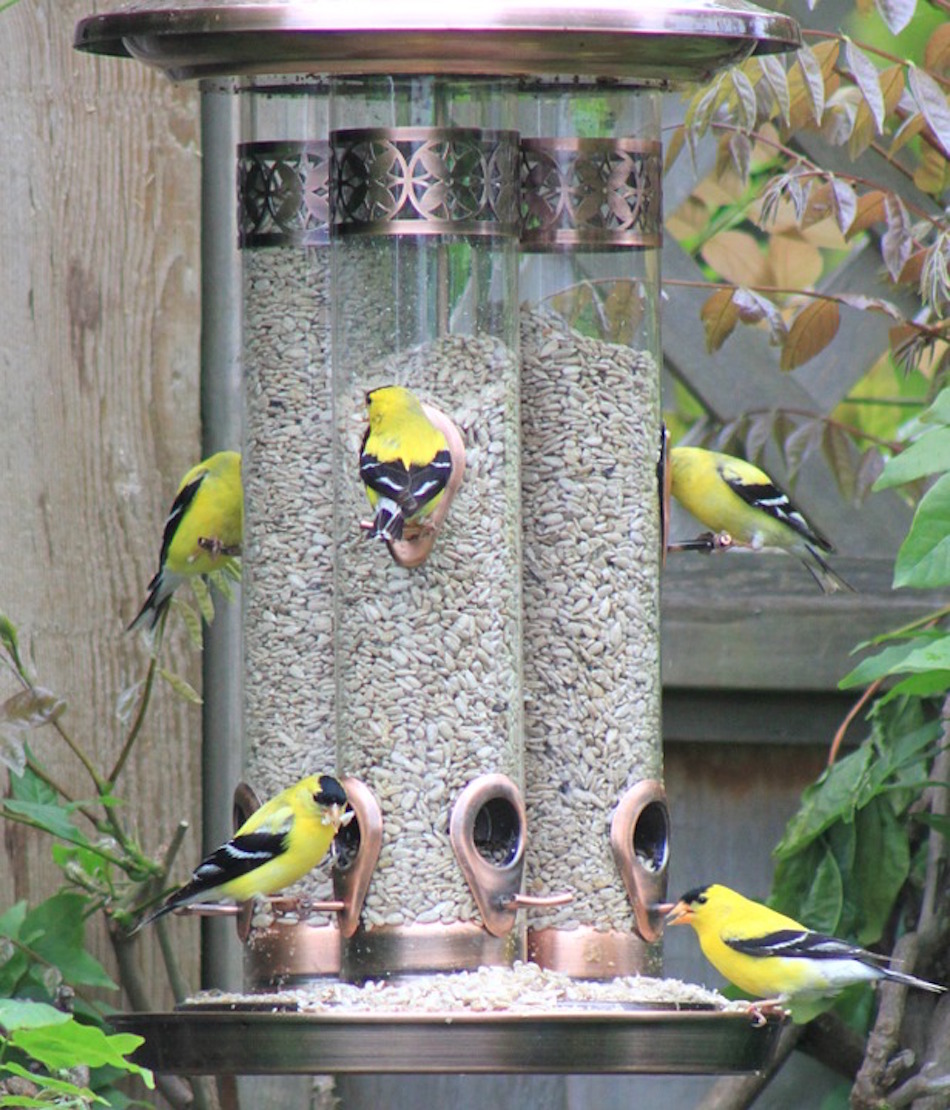
For the same reason it's important to keep your birdbaths clean, you've got to maintain your feeders. It's great to supply a source of nutrition, especially if you notice that the natural resources are depleted. However, you should be cleaning up the moldy seeds and hulls from the feeder, as well as cleaning the feeder itself, about once every two weeks.
6. Be Careful When You're Driving
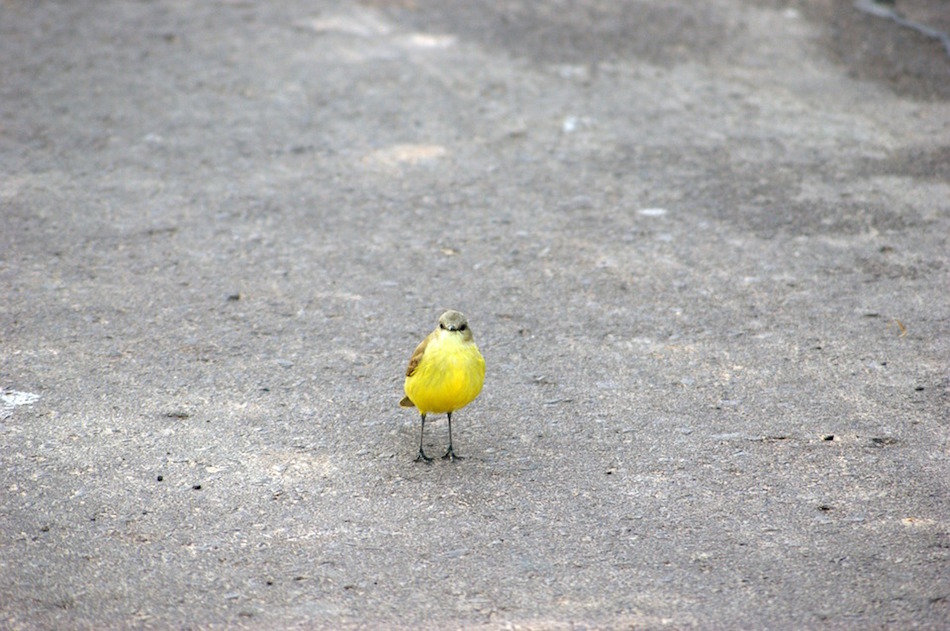
Be sure to watch out for low-flying birds or even birds walking on the road when you are driving in the spring. Drive slowly and stay alert, especially if you're driving through country roads.
7. Ready Your Birdhouses
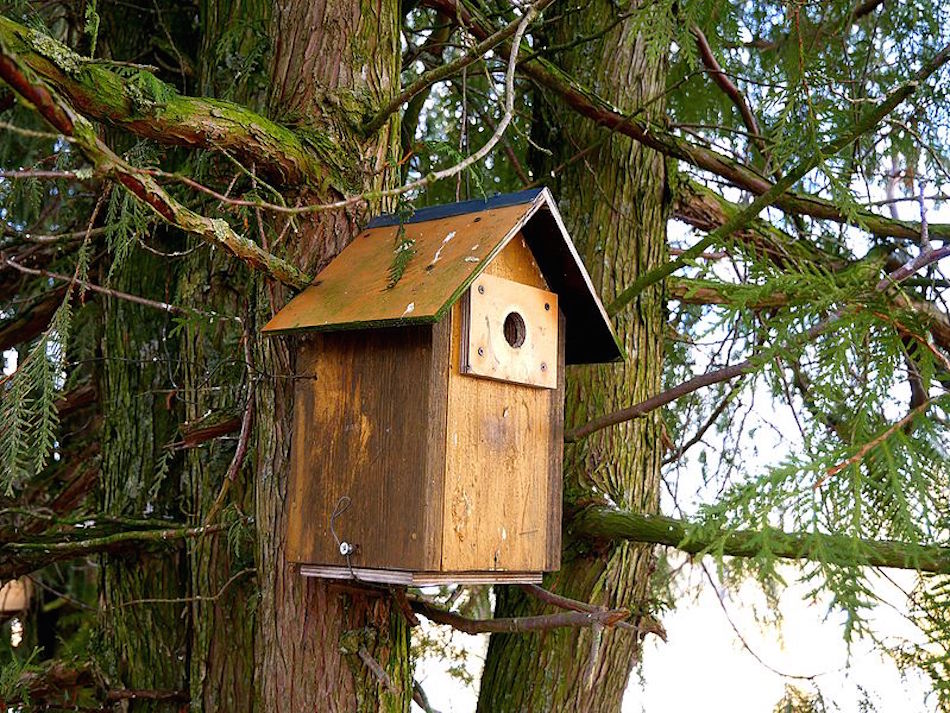
You're going to want to clean the old nests from last year out of the houses, and give the whole thing a good wash with a very mild bleach or detergent. Hang it back up and await your spring arrivals!
8. Keep An Eye On Your Pets

Every year, a whopping 1.3 to 4 billion birds die at the mercy of a cat. While it is natural for even domestic house cats to want to hunt birds, it isn't necessary if you are feeding them at home. Dogs can also get a little too curious with birds, especially fledglings.
Try to keep an eye on them when they are outside, and keep cats indoors as much as you can. Plus, indoor cats live years longer, on average, than outdoor cats, because they don't have any natural predators in your home and they certainly won't get hit by a car.
9. Reduce Or Terminate Pesticide Use

Pesticides end up harming much more than the intended target, and birds are a main sufferer of the effects. If you can stop your pesticide use altogether, it would reduce the harm to the birds in your area greatly. For example, rat poison ends up killing birds like owls and hawks that feed on poisoned rats. Exhaust all other methods before turning to pesticides.
10. Join A Conservation Group

You can join your local Audubon group to help out with any conservation efforts they are pioneering in your very own backyard! You'll also be able to learn all about birds from the experts.
11. Leave Fledglings As They Are
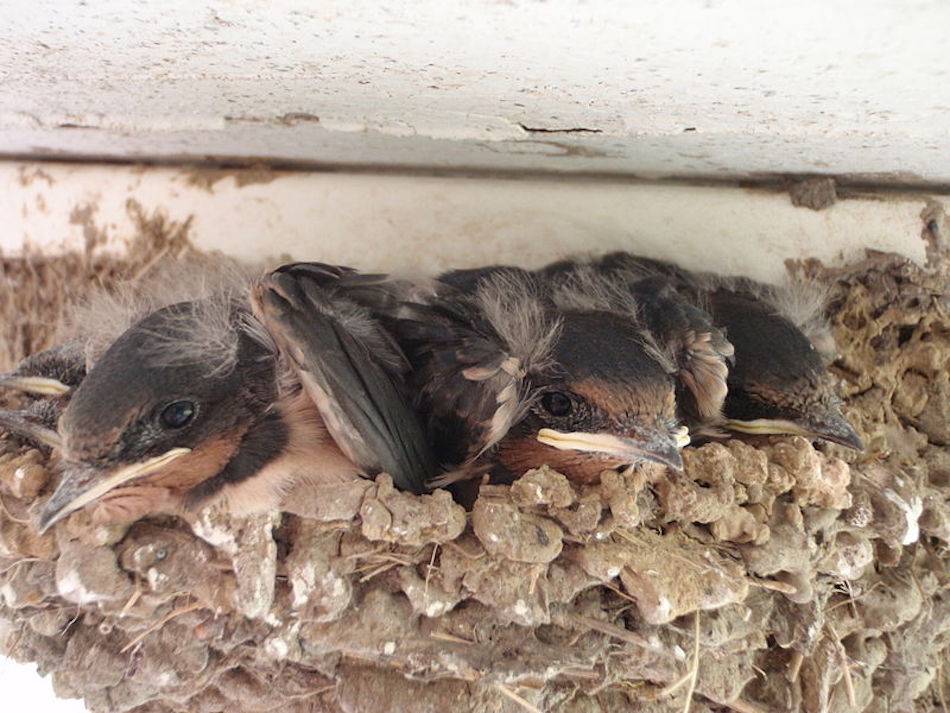
After baby birds leave the nest, it's possible that they will spend a few days on the ground. You should leave them where you find them and be sure to try and keep your pets away.
Did you know all these ways to help birds in your area? Please SHARE with your family and friends on Facebook!




